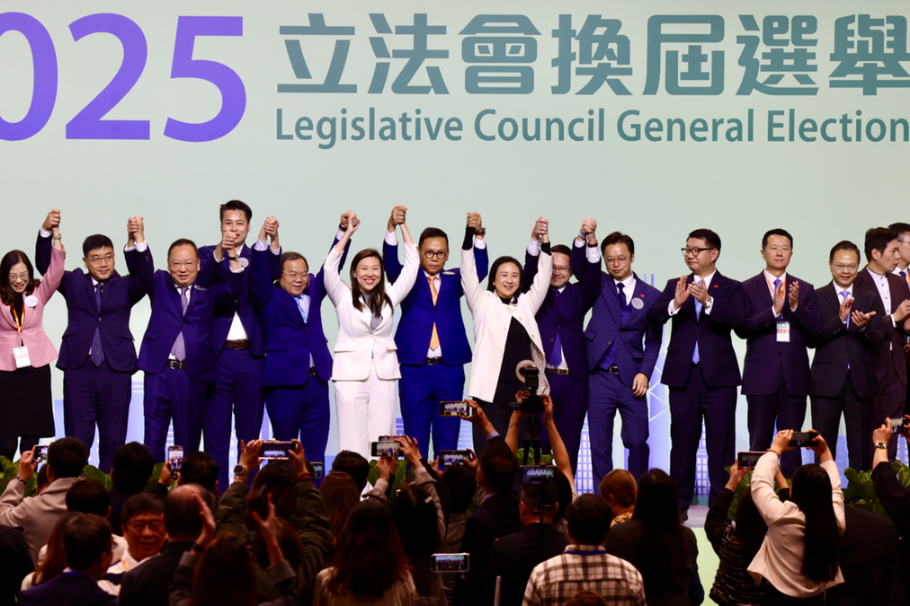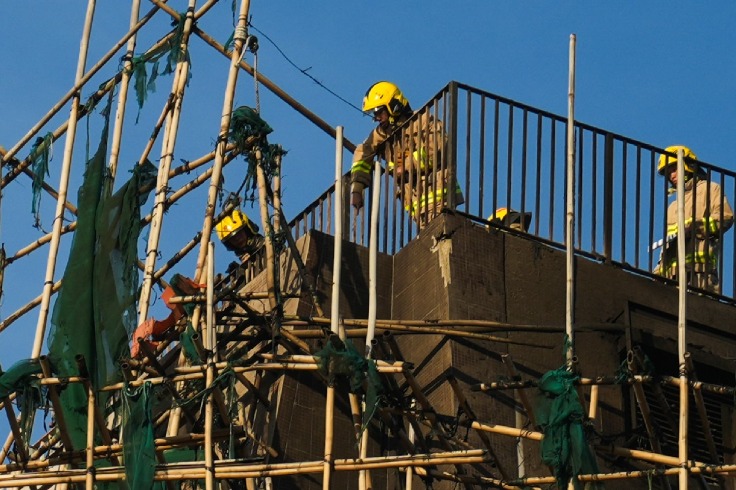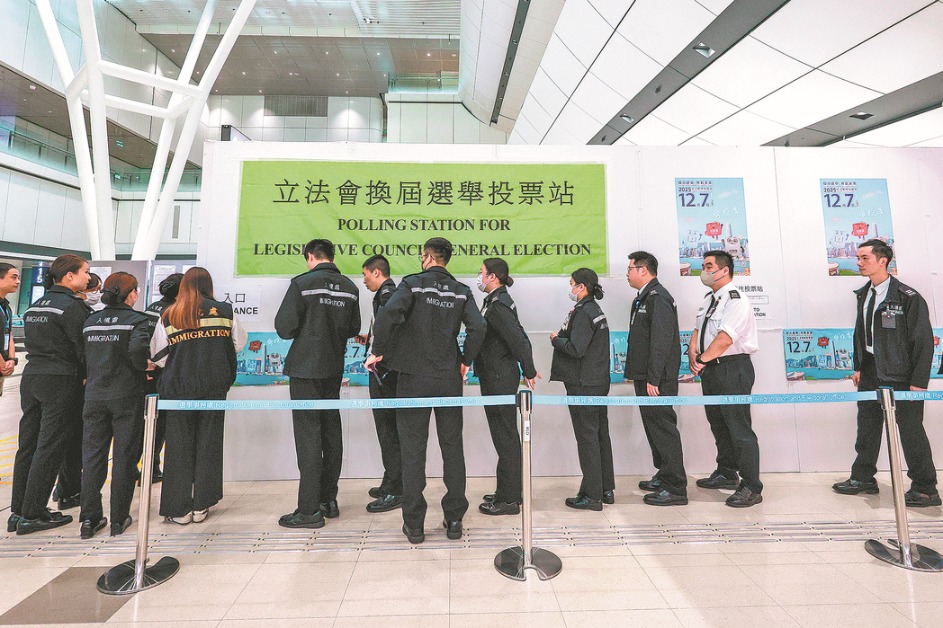Serving up a tennis culture
City courts success and achieves net gains from focus on sport

Jingshan, a county-level city in Hubei province, is known as the "tennis city of China". With a population of about 650,000, it has more than 100,000 active players and hosted multiple national and international tennis tournaments.
One of the latest events was the national village tennis competition on Nov 1 at the Jingshan International Tennis Tournament Center with about 320 tennis enthusiasts from seven provinces, forming teams based on villages or communities. This event reflected the deep integration of the sport into the local culture. In October last year, the city held the first village tennis tournament, bringing players from various backgrounds, such as cattle ranchers, rapeseed farmers and retirees, to swing their rackets.
Tennis events run throughout the year in Jingshan. A schedule posted in Wenfeng Park, home to the city's first true tennis court, highlighted that by early November, 35 competitive matches had been held, almost a competition every week.
In recent years, a new generation of Chinese players has experienced a surge on the world tennis stage, including Zheng Qinwen and her predecessor Li Na, both hailing from Hubei. Parents across the country carry the hope of nurturing the next tennis stars and bring their children to Jingshan to pursue their tennis dreams.
Promoting the sport at the grassroots level since the 1980s, the city has constructed more than 340 tennis courts and incorporated tennis courses in 58 primary and middle schools, according to the Xinhua News Agency.
On the opening day of the village tennis tournament, a new campus of the Hubei Tennis School was launched. Since its establishment in 2018, the school has secured more than 70 percent of the medals on offer in provincial youth tennis competitions. The new campus has admitted about 280 students from across the country.
Shi Zihan, 11, from Shijiazhuang, Hebei province, is among the increasing number of students enrolled outside Hubei. With the sport as her passion, she hopes that tennis may help her to get admitted to a good university.
According to local media, since the Jingshan authorities started promoting tennis in the 1980s, public courts have been built in workplaces and communities, with none more than a 15-minute walk away.
Utilizing tennis training, matches and local resources like hot springs and ecological agriculture, Jingshan has drawn about 15 million tourists on average every year, according to official statistics.
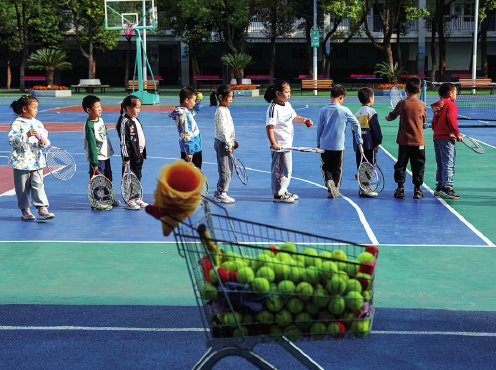
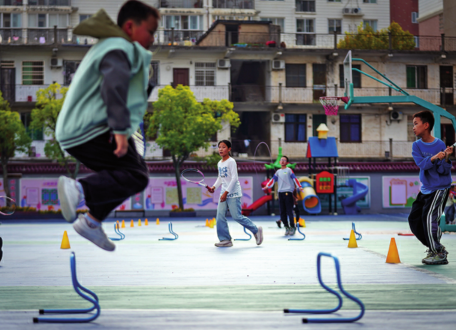
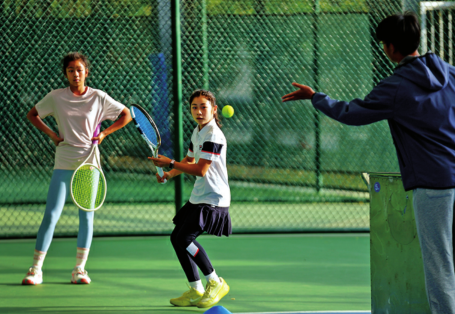
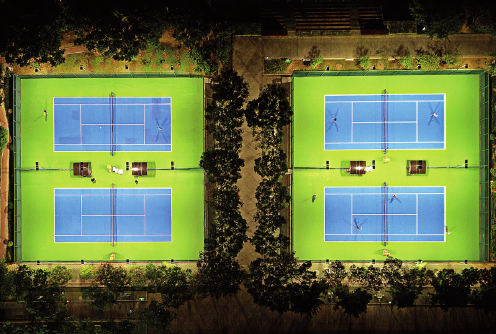
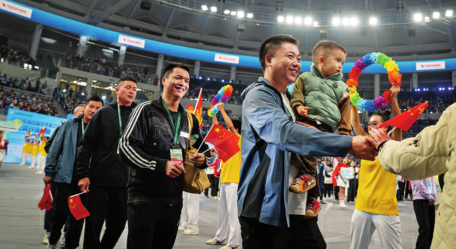
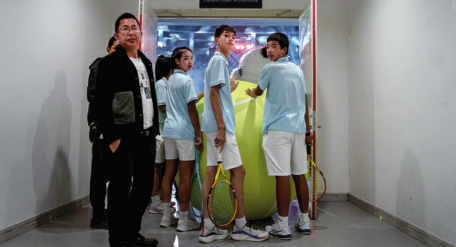
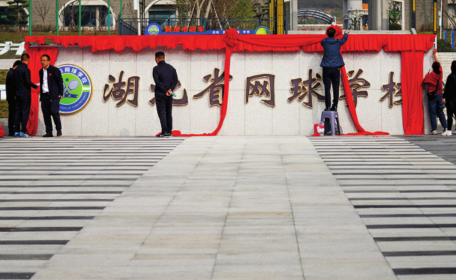
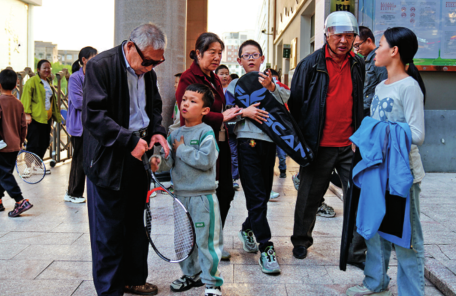
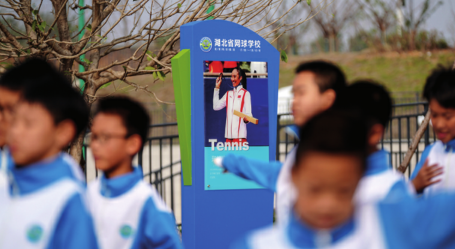
Today's Top News
- Is embodied AI hype or hope?
- Proactive fiscal policy in 2026 emphasized
- IMF Shanghai Center to foster global cooperation
- Foreign trade growth to help advance opening-up
- Japan 'locked' in its historical amnesia: China Daily editorial
- China brings home 1,178 telecom fraud suspects from Myanmar
















